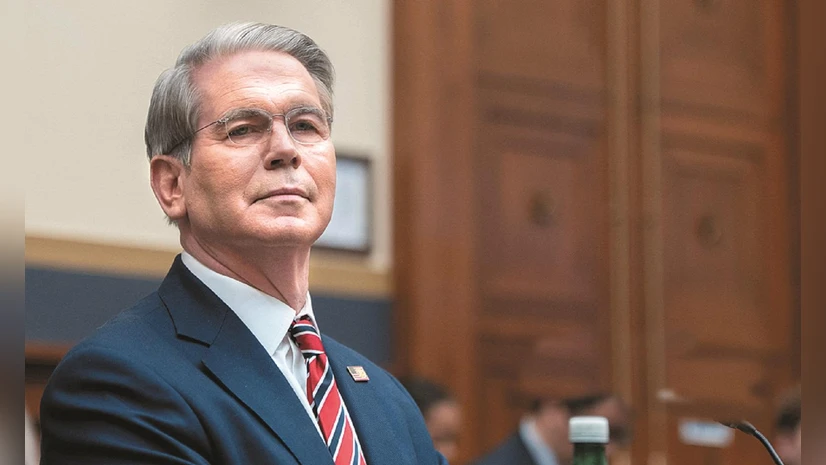Now Reading: Sahara Seeks Supreme Court Approval to Sell 88 Properties to Adani Group
-
01
Sahara Seeks Supreme Court Approval to Sell 88 Properties to Adani Group
Sahara Seeks Supreme Court Approval to Sell 88 Properties to Adani Group

Sahara India Commercial Corporation Ltd (SICCL) has approached the Supreme Court seeking approval to sell 88 of its properties, including the notable Aamby Valley City in Maharashtra and Sahara Shaher in Lucknow, to Adani Properties Private Ltd. This move is part of Sahara’s efforts to raise funds to repay investors in accordance with previous court directives. The Supreme Court has directed the Ministry of Finance, Ministry of Cooperation, and the Securities and Exchange Board of India (SEBI) to respond to this plea. The matter is scheduled for further hearing on November 17, 2025
Details of the Proposed Sale
The 88 properties in question span across various states and include significant assets such as the 8,810-acre Aamby Valley City, a luxury township near Lonavala, and the Sahara Shaher in Lucknow. Sahara has proposed that the proceeds from this sale be deposited into the SEBI–Sahara Refund Account to facilitate the repayment of over ₹24,000 crore raised through optionally fully convertible debentures (OFCDs) to investors. To date, approximately ₹16,000 crore has been deposited, with over ₹9,000 crore still outstanding.
Legal and Regulatory Oversight
The Supreme Court has appointed amicus curiae, senior advocate Shekhar Naphade, to compile a detailed list of the 88 properties, categorizing them as disputed or undisputed. Additionally, the Court has directed that the Ministry of Finance and the Ministry of Cooperation be made parties to the proceedings to assess the implications of the proposed sale on cooperative society investors. The next hearing is set for November 17, 2025, when the Court will consider the responses from the government and SEBI.
Implications for Stakeholders
The outcome of this case could have significant implications for various stakeholders, including investors, regulatory bodies, and the real estate sector. The proposed sale aims to address the long-standing issue of investor repayments while potentially unlocking substantial value from Sahara’s assets. However, concerns regarding the clarity of property titles and the interests of cooperative society investors remain points of contention.
Conclusion
The Supreme Court’s forthcoming decision on Sahara’s plea to sell 88 properties to Adani Properties will be pivotal in resolving a protracted financial dispute. As the Court seeks input from relevant government ministries and regulatory bodies, the case underscores the complexities involved in asset liquidation and investor restitution in large-scale corporate matters.























